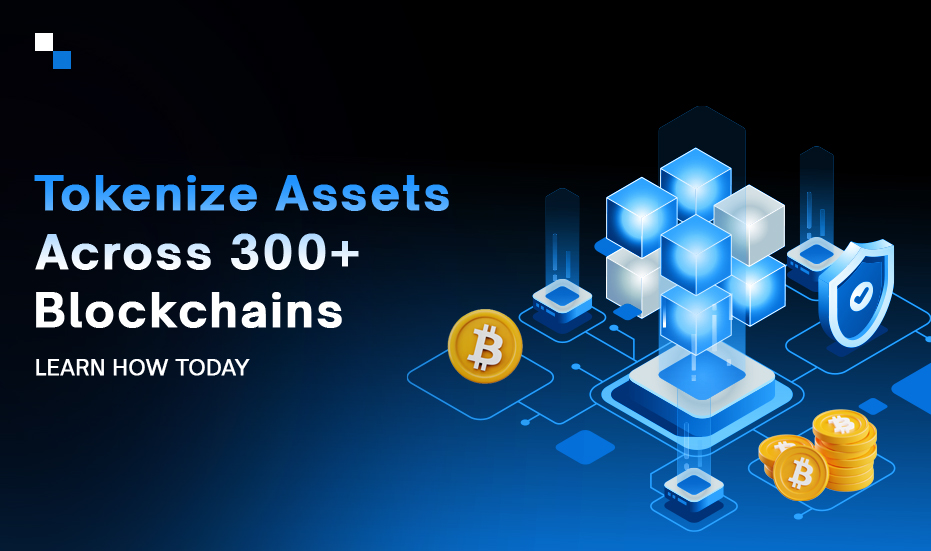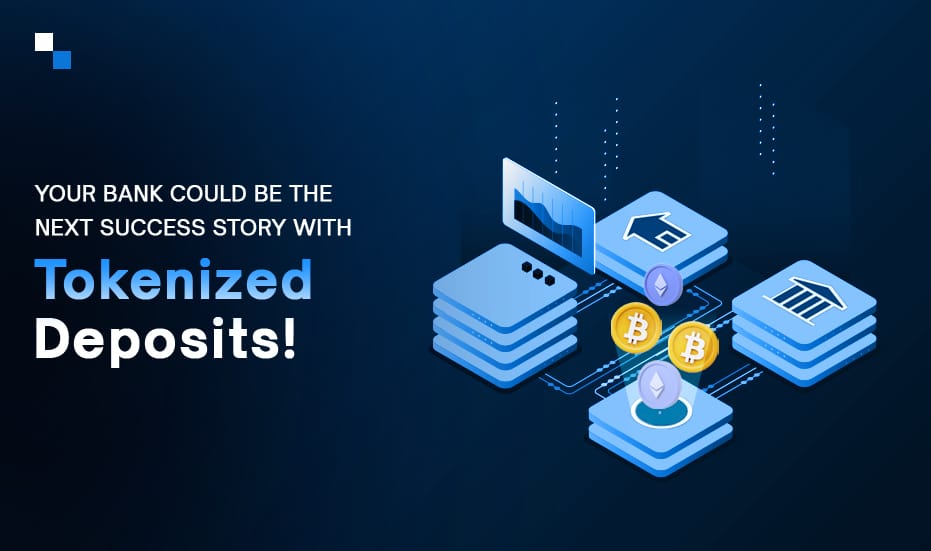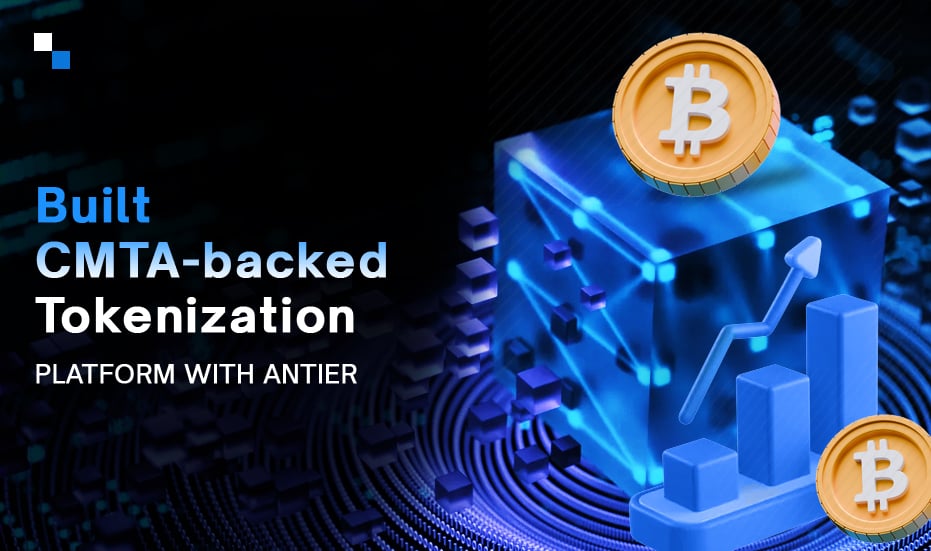
Types of Telegram Mini Games in 2025
December 3, 2024
A Comprehensive Guide On White Label Neo Bank Development on Layer2 Blockchain Network
December 3, 2024Artificial Intelligence (AI) is rapidly reshaping industries across the board, and asset tokenization is no exception. AI-powered agents are becoming essential tools, streamlining processes, enhancing security, and opening new possibilities in the tokenization of real-world assets. AI in asset tokenization is taking the world by storm.
What is Asset Tokenization?
Asset tokenization is the process of converting real-world assets—like real estate, art, commodities, or intellectual property—into digital tokens that can be traded on blockchain networks. This method provides numerous advantages:
- Increased Liquidity: Tokenized assets can be easily traded on decentralized exchanges, boosting liquidity and lowering transaction costs.
- Fractional Ownership: Tokenization makes it possible for multiple investors to own a fraction of an asset, making high-value assets more accessible.
- Enhanced Security: Blockchain technology offers a secure, transparent way to track ownership and transfer assets.
- Programmability: Smart contracts can automate processes like dividend payments, voting rights, and royalty fees, making asset management more efficient.
- Transparency and Traceability: Blockchain creates an auditable record of transactions and ownership, ensuring transparency.
How AI Agents Are Transforming Asset Tokenization
AI agents are playing a critical role in several areas of asset tokenization:
1. Asset Valuation and Pricing
- Automated Valuation Models (AVMs): AI can analyze vast datasets—such as property records, market trends, and economic factors—to accurately assess the value of real estate and other assets. For example, AI can automatically value properties on tokenization platforms, ensuring fair pricing.
- Predictive Analytics: AI-driven tokenization can predict market trends and price movements. By analyzing historical and current data, AI can help investors make smarter decisions about their investments.
2. Smart Contract Development and Execution
- Automated Contract Creation: AI can generate smart contracts with preset terms, reducing the risk of human error and streamlining the tokenization process.
- Self-Executing Contracts: AI agents can autonomously monitor and execute smart contracts, ensuring timely fulfillment. For instance, in real estate tokenization, smart contracts can automate payments like rent, management fees, and other financial transactions.
- Risk Assessment: AI can assess the risk of various tokenized assets by analyzing factors such as market volatility and geopolitical events, helping investors manage risk more effectively.
3. Fraud Detection and Security
- Anomaly Detection: AI can identify unusual patterns in transactions, flagging potential fraud. For example, AI can detect large, suspicious transfers or abnormal trading behaviors.
- Real-Time Monitoring: AI can continuously monitor blockchain networks to spot security threats, allowing for quick responses to potential breaches.
- Biometric Authentication: AI-driven biometric authentication, such as facial recognition or fingerprint scanning, can enhance the security of tokenized assets, ensuring only authorized individuals can access them.
4. Regulatory Compliance
- Automated Compliance Checks: AI can monitor evolving regulations to ensure that tokenization processes comply with the law, helping businesses avoid penalties.
- Real-Time Reporting: AI can generate real-time reports for regulatory compliance, helping businesses stay on top of requirements like KYC/AML and tax laws.
5. Investor Relations and Customer Service
- AI Chatbots: AI chatbots offer 24/7 customer support, answering questions about tokenized assets and providing instant assistance to improve user satisfaction.
- Personalized Recommendations: AI can analyze investor preferences and behaviors to offer tailored recommendations, helping them make more informed investment choices.
Real-World Applications of AI in Asset Tokenization
The intersection of AI and blockchain technology is driving innovation in the field of asset tokenization. Here are some real-world examples of how Digital asset tokenization powered by AI is being applied to revolutionize this space:
Real Estate Tokenization
- Automated Property Valuation: AI-powered valuation models can assess property values more accurately and efficiently, reducing human error and speeding up the tokenization process.
- Smart Contract Automation: AI can automate the creation and execution of smart contracts, streamlining legal processes and reducing costs.
- Predictive Analytics: AI can analyze market trends and predict future property values, helping investors make informed decisions.
Art and Collectible Tokenization
- Authentication and Provenance: AI-powered image recognition and analysis can authenticate artworks and collectibles, ensuring their authenticity and provenance.
- Fractional Ownership: AI algorithms can facilitate the division of high-value assets into smaller, more affordable fractions, making them accessible to a wider range of investors.
- Dynamic Pricing: AI can analyze real-time market data to determine the optimal pricing for tokenized art and collectibles.
Commodity Tokenization
- Supply Chain Optimization: AI-powered supply chain management systems can track the origin, quality, and movement of commodities, ensuring transparency and reducing fraud.
- Trade Finance: AI can automate trade finance processes, such as issuing letters of credit and processing payments, streamlining the process and reducing costs.
- Risk Assessment: AI can analyze market data and identify potential risks associated with commodity investments, helping investors make informed decisions.
Intellectual Property Tokenization
- Royalty Management: AI can automate royalty payments to creators and rights holders, ensuring fair compensation and reducing administrative overhead.
- Licensing and Distribution: AI can facilitate the licensing and distribution of intellectual property rights, streamlining the process and reducing legal complexities.
- Copyright Protection: AI-powered tools can help protect intellectual property rights by detecting and preventing copyright infringement.
Specific Projects and Platforms
- PropertyBlock: The platform uses AI to automate property valuation and facilitate the tokenization of real estate.
- Artory: The platform leverages AI to authenticate and tokenize artworks, providing a transparent and secure marketplace for art collectors.
- Origin Protocol: The platform uses AI to streamline supply chain management and enable the tokenization of physical assets.
- Dharma: The platform utilizes AI to assess creditworthiness and facilitate peer-to-peer lending.

The Future of AI in Asset Tokenization
As AI continues to evolve, its role in asset tokenization will only grow. Future of tokenization with AI may include:
- AI-Powered Decentralized Autonomous Organizations (DAOs): AI agents could govern tokenized assets, making DAOs more efficient and self-sustaining.
- Enhanced Security: AI-driven security solutions will continue to protect tokenized assets from cyber threats and hacking attempts.
- Improved Investor Experience: AI tools will provide more personalized investment experiences, simplifying participation in the tokenized economy.
- New Asset Classes: AI could enable the tokenization of previously untapped asset classes, such as insurance policies, royalties, and even human capital.
Final Words
With AI at the helm, the future of asset tokenization is bright. As AI technology advances, we can look forward to a new era of financial innovation and economic growth. Want to know more about AI in asset tokenization? Get in touch with Antier, the leading Asset Tokenization Development Company.




